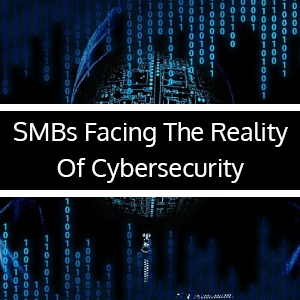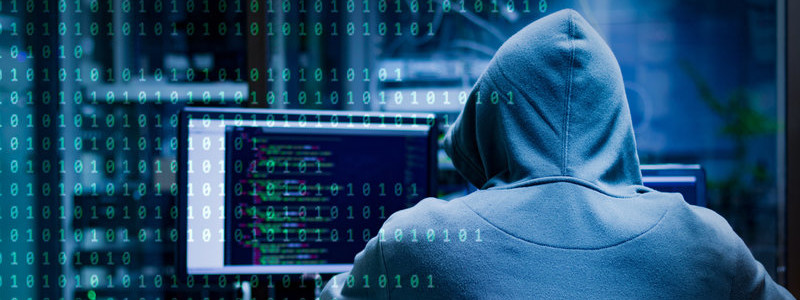
For their companies to continue operating, small to medium-sized businesses (SMBs) had to make difficult decisions. Unexpectedly, employees started working from home, and SMBs had to provide them with the tools and assistance they needed to stay connected. In addition, as a result of being pushed to forgo cybersecurity-recommended practices in favor of business productivity, many small businesses now face a higher risk of attack.
A cyberattack can be the end for many SMBs, particularly if it leads to data theft and a decline in customer confidence. Data breaches frequently result in reputational harm, legal repercussions, and financial loss. Unfortunately, many SMBs don't have the savings or cyber insurance needed to cover that expense. Outsourcing cybersecurity services on Long Island, NY, can significantly help.
What steps can small businesses take to lower their cyber risk? How can small firms prioritize their limited finances and resources to fit cyber strategies? And what criteria should small firms take into account while choosing cybersecurity tools?
1. Lack of IT Understanding
How can anything be carried out when no individuals can carry out tasks?
IT teams must be more organized and should be first on the priority list for small businesses. In addition, companies must realize they only safeguard themselves if they have someone on staff to handle cybersecurity precautions. Thus outsourcing cybersecurity consultants on Long Island, NY, can help protect your business from cyberattacks.
An organization may believe they are protected given the variety of cloud applications we use daily that includes "built-in" security protections. However, they are still open to a cyber attack if they don't conduct the necessary research or consult with an outside IT firm.
A significant barrier for businesses that know they need cybersecurity but are still determining where to start is where outsourcing cybersecurity consultants play their role.
2. Resource Restrictions
In general, SMEs typically have fewer resources than giant corporations; it may be the reverse. Small budgets and overworked teams are common characteristics of newly formed, young, and rapidly expanding SMEs. As a result, SMEs must carefully consider their priorities to make the most of their resources, including time, money, and talent.
Security, however, is by no means an SME's top priority. These scarce resources must be distributed across various important projects by SMEs. Security sometimes drops down the list of priorities because the available solutions are frequently designed for corporations and are costly, complex, and require extensive in-house knowledge to administer.
3. A DDoS (Distributed Denial of Service) Attack
DDoS assaults, or distributed denial of service attacks, are high when web traffic ambushes a website. This causes the website to load slowly and may even result in the forced outage of critical services. Today's most prominent websites, like Reddit, Twitter, and Netflix, have been subject to DDoS attacks.
One of the few measures that can help lessen the attack's impact is to increase bandwidth, develop a DDoS response strategy in the case of an attack, or use DDoS mitigation services.
Conclusion!!
SMBs must act to safeguard information, technology, and people by putting security safeguards that form a solid defense in place. The benefits include less administrative work, fewer recovery costs, enhanced customer service, and business continuity.
The best way to deal with a proactive security plan would be through a layered approach. SMBs can assure robust protection and ongoing defense even if one security layer is compromised during the attack by adding additional security layers of antivirus, firewall, and other services.
Tags: Cyber Security Consultant Long Island, Cyber Security Services Long Island, Long Island Cyber Security Consultant, long Island Cyber Security Services




